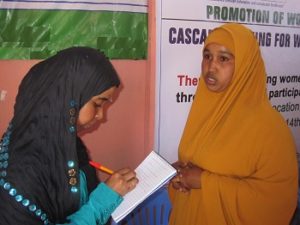LESSON
Lesson Learned: Transparency and Public Accountability in Education in Brazil
A project where approximately 90% of human resources are volunteers, entails risks of lack of motivation and commitment. This should be included in the project risk assessment and it must be defined as measures to mitigate these risks.
Project Partner
Transparencia Brasil
Project Description
The project works to improve access to education in Brazil, by tackling mismanagement in construction of schools; empowering civil society groups to pressure local and federal government official for more accountability; building a network of local monitoring organizations; gathering robust information on problems in several phases of construction and delivery, presented in semi-annual reports to Federal Government and media; holding a final conference on lessons learned and how to redesign policies for effective monitoring and control with the help of local civil society organizations.
Evaluation Date
June 2020
Country
